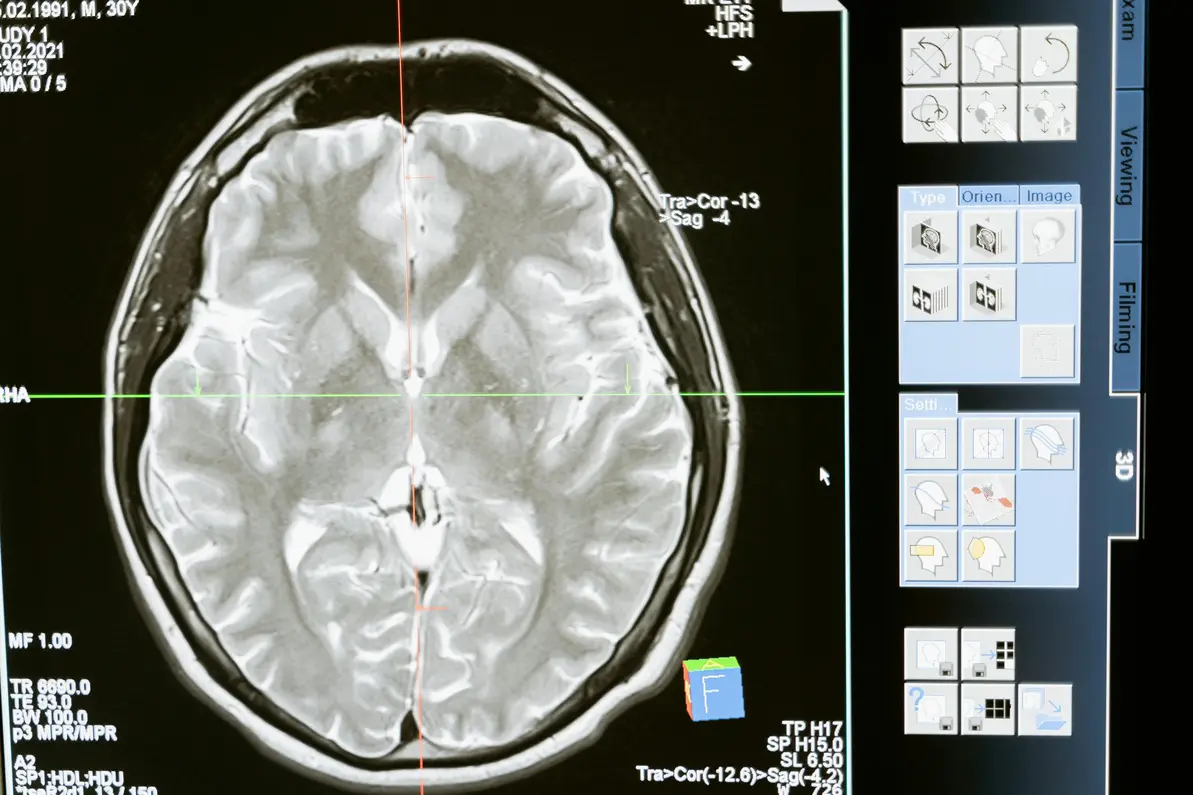Our mission at the Houston ReCode Memory Center is to support cognitive health in persons who are experiencing memory decline. Furthermore, we aim to guide and assist patients to maximize their ability to function as active members in their families and communities.
Our Mission
Memory is critical for us to be able to communicate and function in society. Memory is the system that stores all that we have learned, encodes the learned information, and retrieves it as we need it. Cognitive decline results from a perfect storm of converging factors which overwhelm a person’s cognitive reserves. Cognitive decline used to be a rare health issue seen only late in life but in our modern world it has now reached pandemic proportions and is even occurring in middle-aged adults.
A Word About Memory
Memory is critical for obvious reasons, but we may fail to appreciate how important memory is to our personal individuality.
Each person has unique experiences and thoughts, and these are stored instantly over our lifetimes and are available for recall when we need them. This ability to store and retrieve our personal memories is what makes us unique personalities.
Short-term memory consists of electrical impulses between nerve cells and is formed in the hippocampus, but due to its small size, memory cannot be stored there. Short term memories are stabilized into long-term memories in the cortex.
You may have experienced the brief lifespan of short-term memory when you were thinking about something but were distracted, for example, by the doorbell ringing. You lose your original thought because it hasn’t been stored in long term memory yet.
What is the Hippocampus
The hippocampus is a pair of organs located in the temporal lobes of the brain. Their shape is similar to a seahorse, hence the name hippocampus from the Greek hippokampus (hippos, meaning “horse,” and kampos, meaning “sea monster”). There are two hippocampi, but they are usually referred to as one. Although small in size, the hippocampus is important because it has the unique ability to permanently locate access to our memories in the cortex. The hippocampus can be thought of as a memory stick with limited storage, but it has an index that locates where memories are stored.
How does the Hippocampus work?
The process of storing our thoughts and experiences occurs during sleep.
Emotionally laden experiences are transferred from the hippocampus to the brain’s hard drive or neocortex. This transfer occurs during the first deep sleep phases. This process must be repeated several times since the neocortex learns more slowly than the hippocampus. Perhaps this is the reason sleep cycles are repeated during sleep.
New memories are connected to existing memory content for contextual remembering. This occurs in the later stages of sleep when we dream or during rapid eye movement sleep (REM). This is why people often like to “sleep on it” when making important decisions. This process of connecting new to old memories often gives us valuable new insights.
What Is ReCode?
The ReCode Program is a functional medicine approach that is designed to change the body’s biochemistry to support optimal brain function. Dr. Bredeson has identified over 36 root causes that contribute to cognitive decline. These include infections, toxins, head injury, lack of nutrient support, hormonal insufficiencies, sleep disturbances, glucose dysregulation,vascular issues,and inflammation.
Bredeson has documented clinical success using a customized, precision approach to identify multiple causes of cognitive decline, which may be different in each patient. Bredeson and colleagues published a study titled “Precision Medicine Approach to Alzheimer’s Disease: Successful Pilot Project,” in The Journal of Alzheimer’s Disease.
The Subtypes of Alzheimer’s Disease
Bredeson has grouped root causes of Alzheimer’s into specific categories or subtypes. Most patients are not a “pure” type but are a combination of multiple types with one or two types being primary contributors. Most patients have 10 to 25 contributing factors within these categories.
Subtype 1. Inflammatory
These patients have elevated markers of inflammation and/or a history of infections. Pathogens may be found in the mouth, gut, sinuses, or maybe subclinical, chronic infections. Laboratory tests are performed to identify and treat these triggers. This subtype usually responds well to treatment.
Types of Dementia other than Alzheimer’s Disease
Cognitive decline is often due to Alzheimer’s disease, but not always. Other causes of cognitive decline include Lewy Body disease (LBD), Parkinson’s (PD), Vascular dementia, Frontal Temporal Lobe dysfunction, Chronic traumatic encephalopathy, Creutzfeldt Jacob disease, Limbic encephalitis, Toxic encephalopathy, Normal pressure hydrocephalus Post concussion syndrome and Thyroid disease. We will briefly describe these.
- Lewy Body Disease
Lewy Body disease is like Alzheimer’s Type 4 in that toxins are commonly involved, and it is frequently seen in conjunction with Alzheimer’s. In this disease abnormal proteins called alpha-synucleins, are deposited in the brain where they affect brain chemicals that are essential for thinking, movement, and mood. It is a progressive disease with mild symptoms in the early stages. Progression speed varies from person to person, depending on overall health, however, cognitive decline precedes motor decline.
Components of the Treatment Plan
Steps of the treatment process:
The initial step of the treatment plan is comprehensive assessmentwith the goal to determine which factors are the primary drivers in each patient, prioritize these drivers in the treatment plan and determine if cognitive factors other than Alzheimer’s are part of the patient’s clinical picture. It can take six months to identify and begin work on root causes.
The assessments include:
- Cognitive evaluations:
- CNS Vital Signs – a computer-based test of cognitive function
- Brain Wave – a type of functional EEG completed in the office setting.
- Montreal Cognitive Assessment (MoCA)
- AQ 21 – a paper and pencil assessment completed by a significant other.
Setting up An Appointment
Our Address:
The Woodlands Doctors Office
25216 Grogans Park Dr., Suite A
Woodlands, TX 77380
Office Hours:
Mon-Thu: 9am-5pm | Fri: 9am-1pm
To set up an appointment, click the link below.
At Houston Memory ReCode Center, we ensure timely responses to all inquiries, recognizing the importance of our visitors’ needs and giving them top priority.
We look forward to speaking with you.
Our Address:
The Woodlands Doctors Office,
25216 Grogans Park Dr., Suite A
Woodlands, TX 77380
Call us to speak with one of our representatives.




